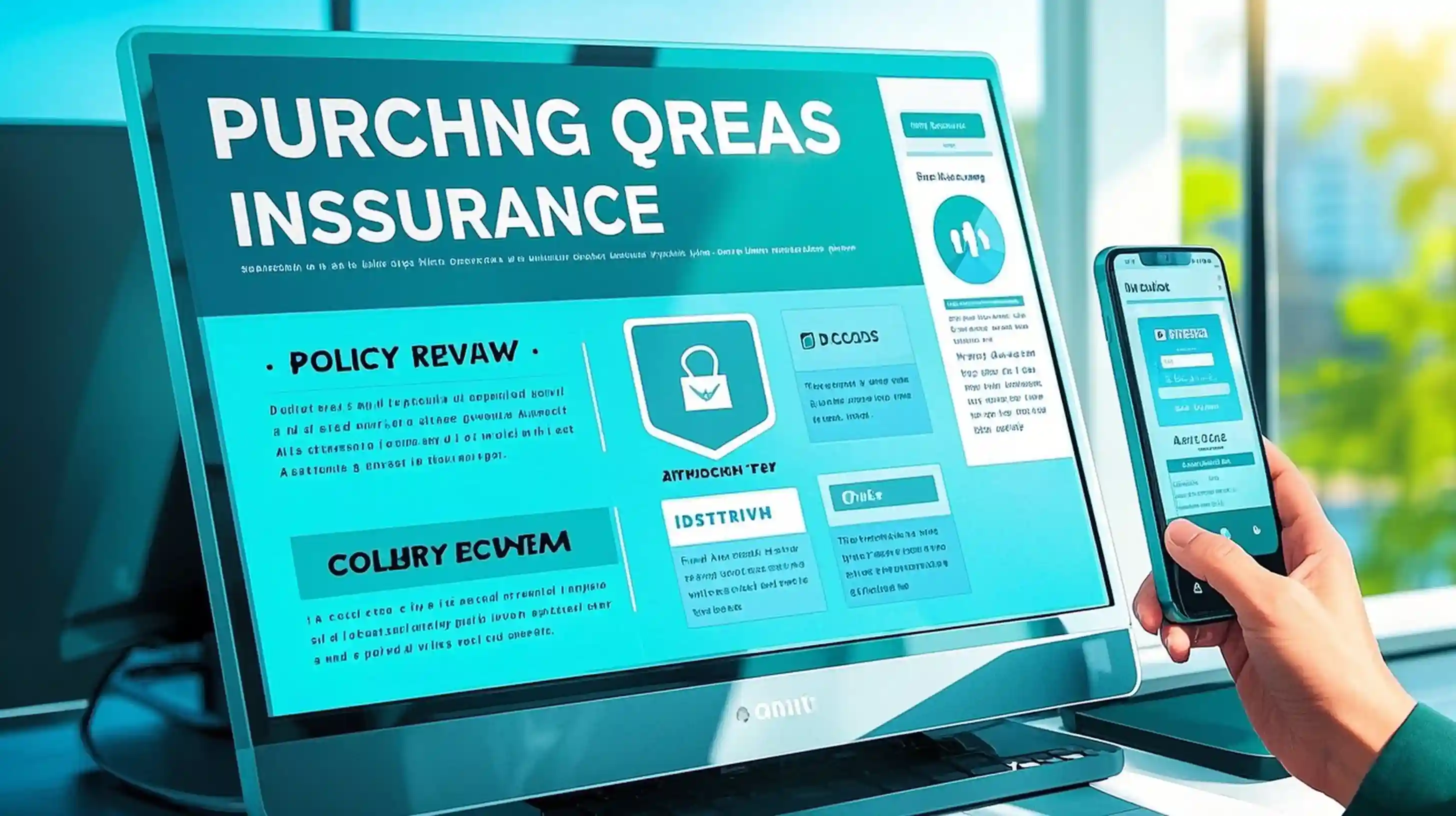
When planning an overseas trip, purchasing travel insurance is a crucial step that can provide peace of mind and protect you from unforeseen circumstances. But how exactly should one go about buying overseas travel insurance? This article will guide you through the process, offering valuable insights and practical tips to help you make an informed decision.
First and foremost, it's essential to understand the different types of coverage available in overseas travel insurance. The most basic form typically includes trip cancellation or interruption insurance, which reimburses you for non - refundable expenses if your trip is cancelled or cut short due to covered reasons such as illness, injury, or natural disasters. Medical expense coverage is another vital component. It pays for medical treatment, hospitalization, and emergency medical evacuation if you fall ill or get injured during your trip. Some policies also offer coverage for lost, stolen, or damaged luggage, flight delays, and accidental death and dismemberment.
Before you start comparing insurance policies, take the time to assess your specific needs. Consider the length of your trip, your destination, and your planned activities. For example, if you're going on a long - term trip, you'll need a policy with comprehensive coverage for an extended period. If you're traveling to a remote or high - risk area, make sure the policy includes adequate emergency evacuation coverage. Adventure activities like skiing, scuba diving, or hiking may require additional coverage, as standard policies might exclude these high - risk activities.
Once you have a clear idea of your requirements, it's time to start shopping around. You can obtain travel insurance from various sources, including travel agents, insurance companies, and online comparison websites. Travel agents can be a convenient option as they can offer advice based on their experience and knowledge. However, they may have limited options as they usually work with a select few insurance providers.
Insurance companies, on the other hand, offer a wide range of policies directly. You can visit their websites, call their customer service, or visit a local branch. This gives you the opportunity to ask detailed questions about the policy terms and conditions. Online comparison websites are also a popular choice. They allow you to compare multiple policies from different providers side by side, making it easier to find the best deal in terms of coverage and price.
When comparing policies, pay close attention to the fine print. Read the terms and conditions carefully to understand what is covered and what is excluded. Look for any limitations or restrictions, such as pre - existing medical conditions, age limits, or geographical exclusions. For instance, some policies may not cover medical treatment for pre - existing conditions unless you pay an additional premium or meet certain requirements.
Another important factor to consider is the reputation of the insurance provider. Check customer reviews and ratings online to get an idea of their service quality and claims - handling process. A reliable insurance company should have a good track record of paying claims promptly and fairly. You can also look for industry awards or certifications, which are indicators of a company's credibility.
Price is, of course, a significant consideration when buying overseas travel insurance. However, it shouldn't be the only factor. A cheaper policy may not offer the same level of coverage as a more expensive one. Instead of simply looking for the lowest price, focus on getting the best value for your money. Compare the coverage limits, deductibles, and exclusions of different policies to determine which one offers the most comprehensive protection at a reasonable cost.
Once you've selected a policy, you'll need to purchase it. Most insurance providers allow you to buy the policy online, over the phone, or in person. When making the purchase, make sure you provide accurate information about your trip, including the dates, destination, and any planned activities. Any misrepresentation of information could result in your claim being denied.
After purchasing the insurance, keep a copy of the policy document with you during your trip. Make sure you know how to contact the insurance company's emergency assistance hotline in case of an emergency. Familiarize yourself with the claims process so that you know what steps to take if you need to make a claim.
In conclusion, buying overseas travel insurance requires careful planning and research. By understanding your needs, shopping around, comparing policies, and paying attention to the details, you can find a policy that provides the right level of protection for your overseas trip. Remember, travel insurance is not just an expense; it's an investment in your peace of mind and financial security while traveling abroad.